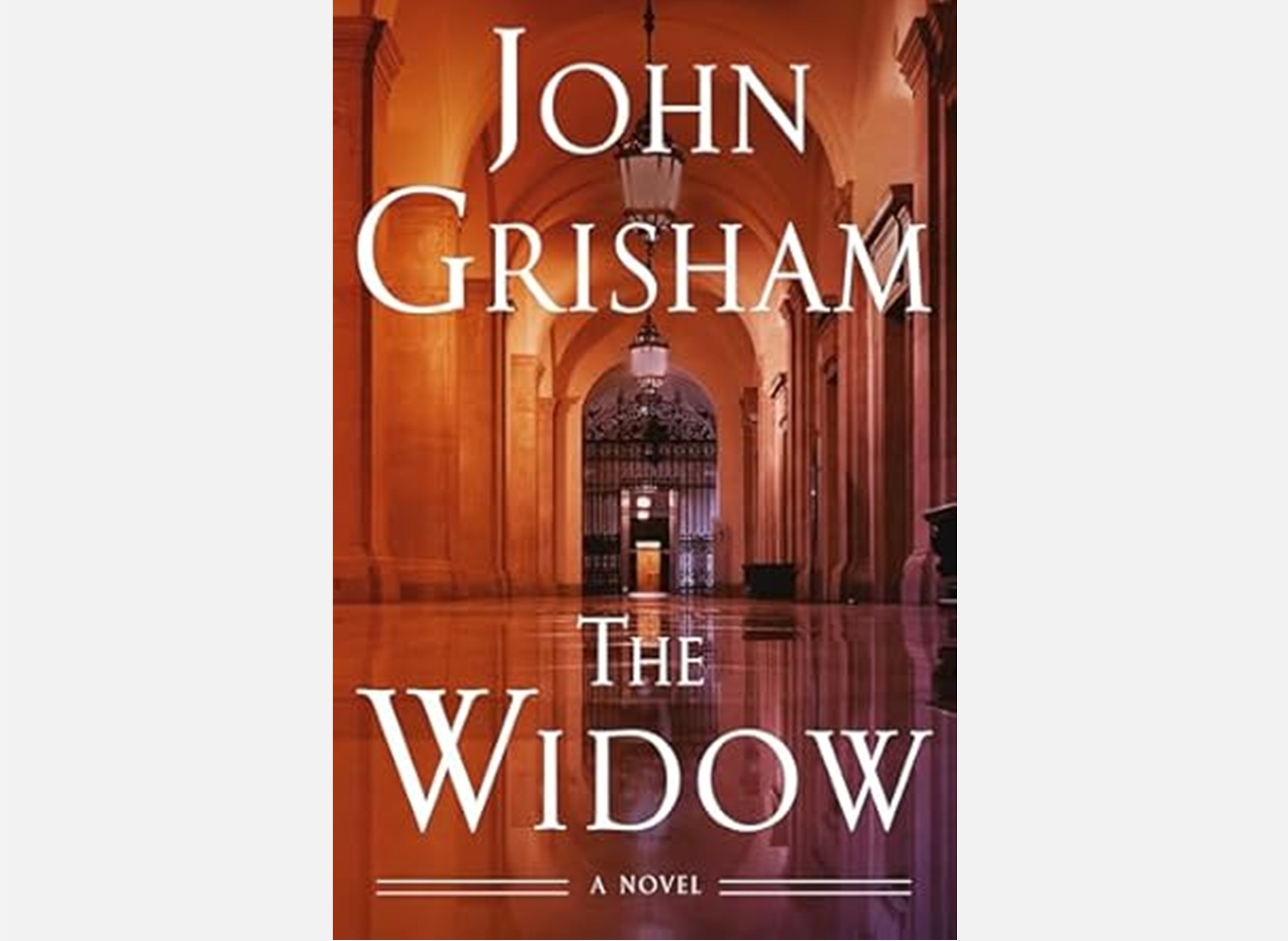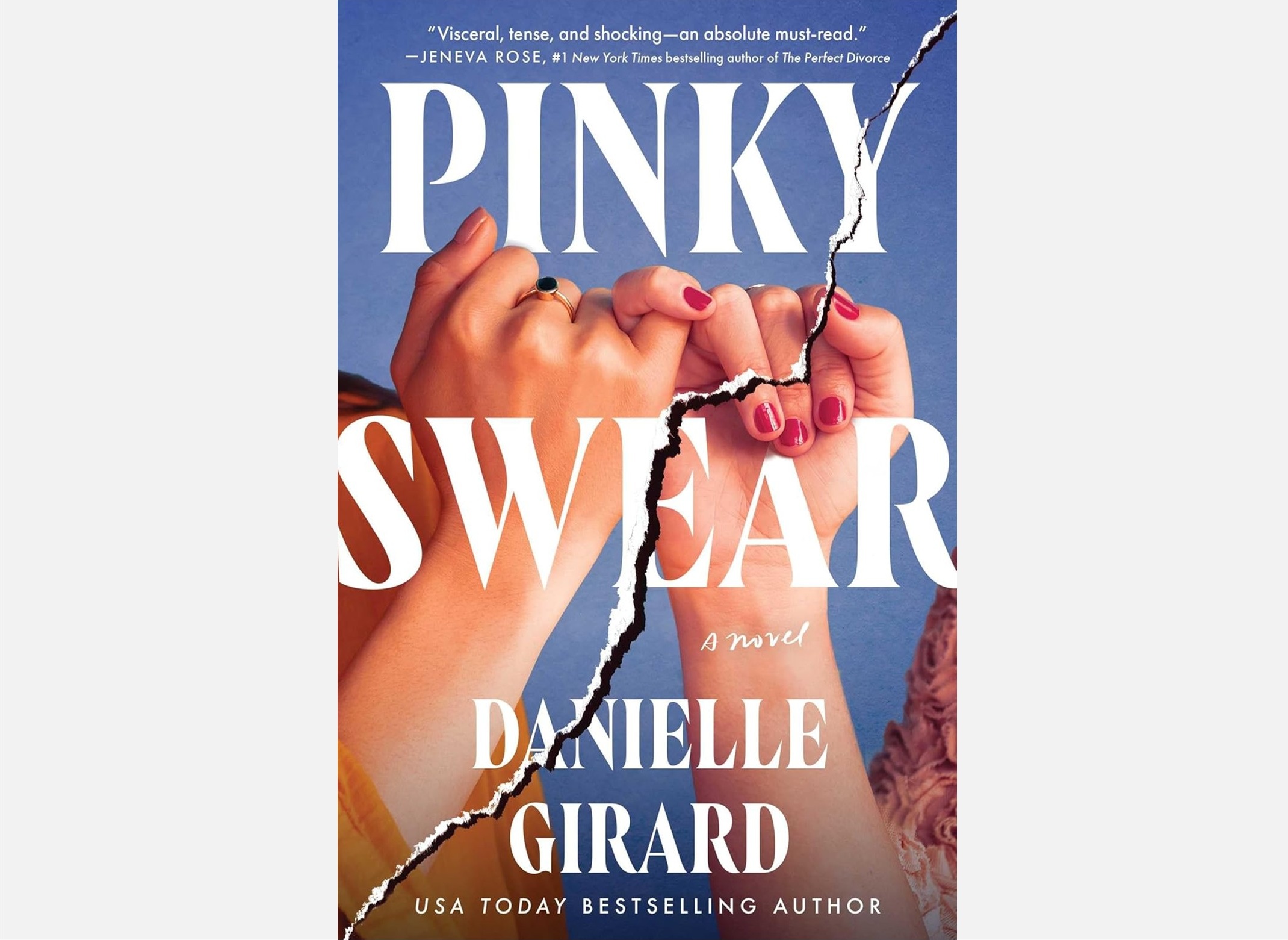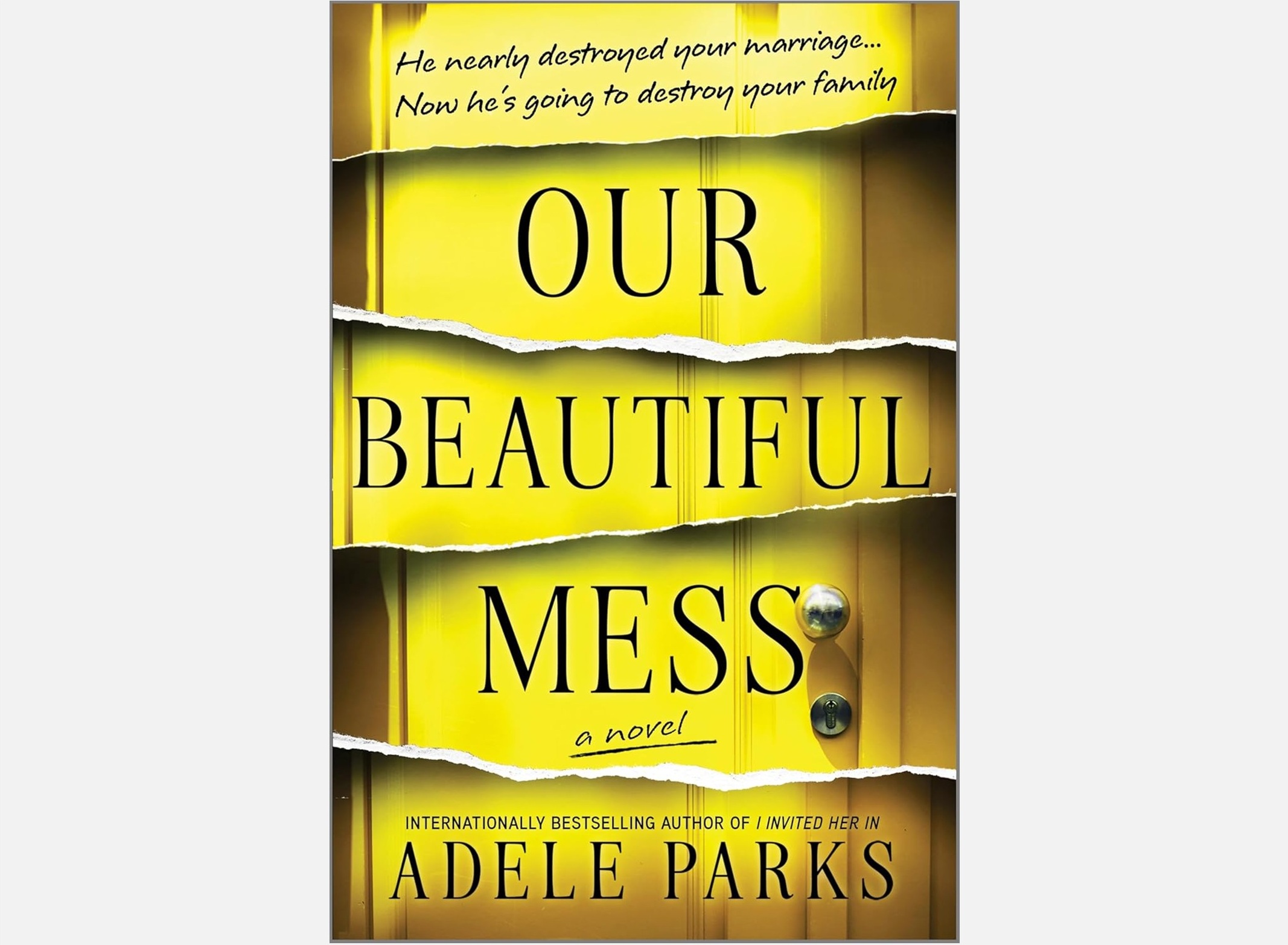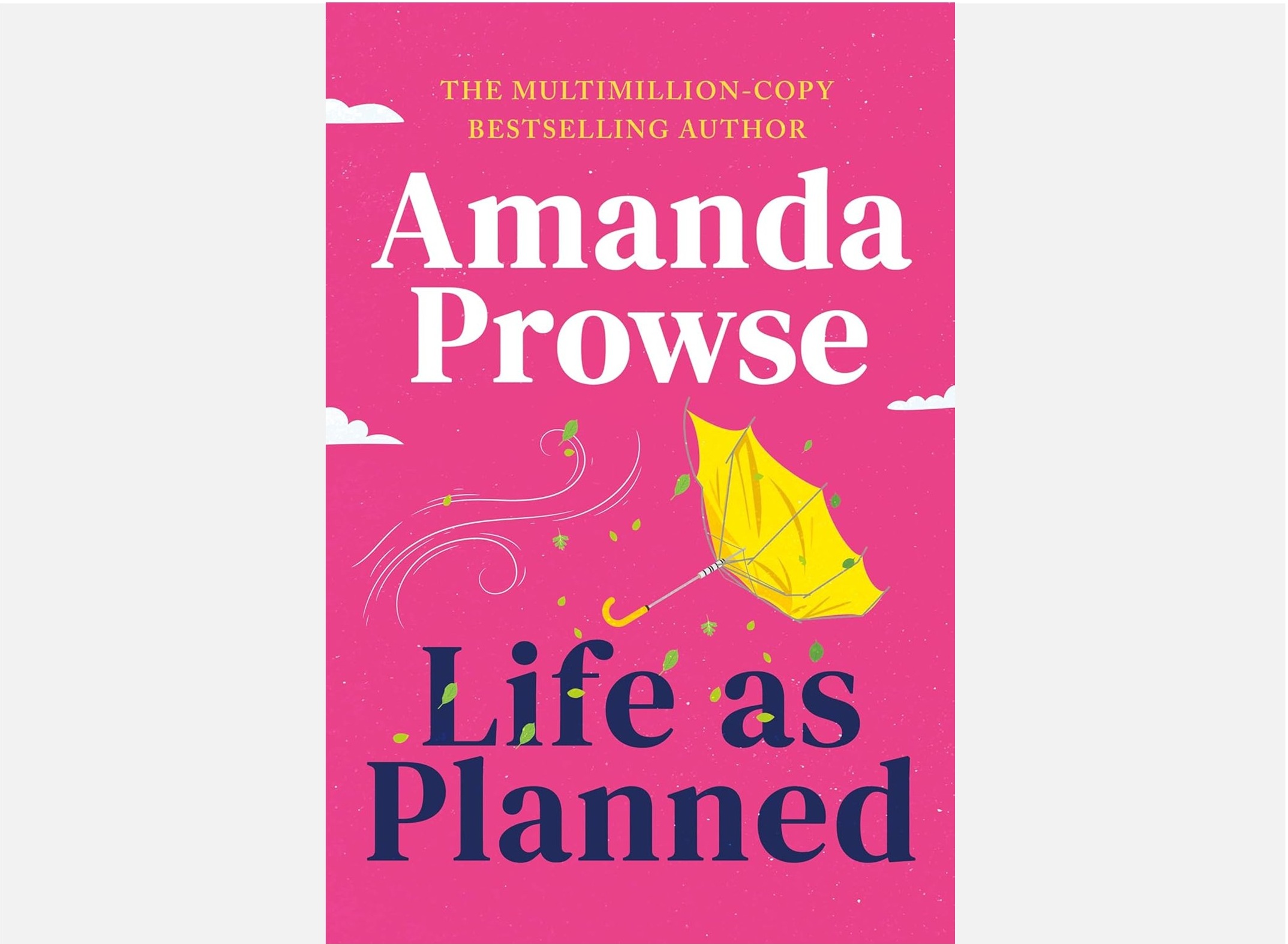Story for the Week
When people talk about book genres, the categories don’t include “whodunit.” We call them mysteries, thrillers, suspense. But that doesn’t change the basic premise of the story. What really happened to get to the situation the main character is in? Who committed the crime? In other words, whodunit?
I appreciate the “formula” that drives certain genres. For the most part, I talk the most about the formula for romance. I don’t worry about spoilers when I review romances. We all know the main characters get together in the end. The characters meet, there’s an attraction, they get together, they have some sort of conflict that either threatens to or succeeds in breaking them up, and then they get back together. All’s well that ends well. Happily ever after and all that jazz.
On the flip side, when I review a mystery or suspense novel, I usually won’t give anything away if I rate it 4 or 5 stars. When I enjoy them, I want other readers to experience the same thrill of discovery. Even for lower-rated reviews, I caveat spoilers with a big old banner. But I include the spoilers because they typically drive the lower rating.
So what makes a great whodunit?
For me, I want a lot of suspects…but I have to be able to keep them all straight. Yes, I know that’s a lot to ask. I can only imagine the difficulty in creating distinct enough characters that don’t get confusing. Different people sound different, act different, respond differently in stressful situations. That’s normal. A talented writer creates characters with distinct voices. When a reader encounters one of ten different characters, they don’t want to constantly look back in the book asking, “who was that again?”
Don’t get me wrong. I’m not implying that I can do that. I’m certain it’s ridiculously hard to do well. A character’s personality determines how they speak or act. If all of the characters in a story speak and act the same, I don’t feel like the author has put much thought into each individual character. And that’s so important for a good whodunit for me.
I also need everyone to be a suspect for one reason or another. In a great story, usually one that’s not told in the first person, I might even suspect the main character who would normally be the last person you suspect. And it helps if I’m wrong (multiple times) about who I think did the deed. I want to get to the end of the story in disbelief, thinking “Nooooo!” I want to think I figured it out…and be wrong.
Another key technique for a great whodunit includes multiple points of view. This usually results in shorter chapters that flip back and forth, so the reader wants to get back to the previous perspective. That makes for the best pacing in a story, which makes it something I really don’t want to put down. I want to be invested. I want to stay up late into the night because I can’t stand not knowing what happened. Whodunit?!
So who are my favorites in this category? It would be impossible to list all my favorites. Recently, Clare Mackintosh released Other People’s Houses, the last book in her Ffion Murphy series (When You Confuse Wales and Ireland). Each book contained at least ten different suspects. But Mackintosh does such a great job with her characters so the volume of suspects never causes an issue. It actually adds to the story.
Another recent favorite would have to be Alex Finlay. After reading What Have We Done, I said that I wished I could read it again for the first time (You Really Do Get Only One First Impression). But you can’t. My brother-in-law likes to say, “Once I tell you, I can’t un-tell you.” A great whodunit leaves me wishing that I could un-know the ending. Then I could go back and read it again and enjoy it as much as the first time.
Then there’s Stacy Willingham, whose style differs from Mackintosh or Finlay. Willingham specializes in the slow burn. She weaves such intricate stories that pull in the reader. I am certain I miss clues that she leaves along the way. Her most recent novel, Forget Me Not, contained only four main characters. Four! And I didn’t figure out something that I feel should have been ridiculously obvious (Happy Birthday (Early) To One of My Best Reading Buddies). But I felt that way about The Sixth Sense when I watched it the first time too. 🤷🏼♀️
The book reviewed below marks John Grisham’s first foray into whodunits. I have been a Grisham fan for a long time for his legal thrillers (When Old Habits Become New Again). Let’s just say there will be spoilers in the review because it didn’t really hit the formula for me. 😬
Book Review
⭐⭐⭐
3 Stars for The Widow by John Grisham
416 pages
Publisher: Doubleday
Publication Date: October 21, 2025
I received an advance copy of this title from NetGalley and Doubleday.
Publisher’s Description
Simon Latch is a lawyer in rural Virginia, making just enough to pay his bills while his marriage slowly falls apart. Then into his office walks Eleanor Barnett, an elderly widow in need of a new will. Apparently, her husband left her a small fortune, and no one knows about it.
Once he hooks the richest client of his career, Simon works quietly to keep her wealth under the radar. But soon her story begins to crack. When she is hospitalized after a car accident, Simon realizes that nothing is as it seems, and he finds himself on trial for a crime he swears he didn’t commit: murder.
Simon knows he’s innocent. But he also knows the circumstantial evidence is against him, and he could spend the rest of his life behind bars. To save himself, he must find the real killer….
************
Main Characters:
- Simon Latch – 42-year-old attorney in Braxton, Virginia; has been practicing for 18 years; married to Paula but their marriage is over and he spends most nights sleeping at his office; dad to Buck (16), Danny (14), and Janie (9)
- Eleanor Barnett – 85 years old, twice widowed, no children of her own but two stepsons from her second husband who died 10 years ago, approaches Simon to draft a new will for her $16M estate
- Matilda Clark – 39 years old, affectionately known as Tillie, has worked as Simon’s assistant in the law office for 12 years
- Wally Thackerman – another attorney in Braxton, drafted Eleanor’s original will
- Clyde and Jerry Korsack – Eleanor’s stepsons, Clyde is the older of the two and spent four years in prison for selling cocaine, Jerry lives in Florida, Eleanor tells Simon that she doesn’t hear from them often and that they aren’t close to one another, says that her late husband insisted neither of them receive anything from his estate
- Landy – her name is Yolanda but everyone calls her Landy, she and Simon had been a thing in law school, currently works for the FBI, married but looking to end things
- Chub – transformed Chub’s Pub from a seedy low-end beer hall known for illegal poker and bookmaking into a mid-level sports bar where Simon regularly hangs out, gambling still rampant because Chub is the biggest bookie in the area
Legal thrillers have long been a specialty of John Grisham. A criminal attorney for 10 years and a representative in the Mississippi state legislature, Grisham began writing in the mid-1980s. After a number of bestsellers, he retired from practicing law and became the author of more than 50 bestselling novels. The Widow marks his first foray into the “whodunit” variety.
Let me start by saying, I still consider myself a fan of Grisham, AND I think legal thrillers are still his specialty. 🤷🏼♀️ I rated this 3 stars because it’s a decent story. It isn’t horrible, but it isn’t great either. I did like that part of the wrap-up of the story talks about a number of cases where a unanimous jury wrongfully convicted someone. Grisham serves on the Board of Directors for both the Innocence Project and Centurion, organizations dedicated to helping exonerate those who have been wrongfully convicted, so it’s a great plug for these types of organizations.
That said, I feel like it took us a long time to get to the thriller part of this book, and it wasn’t all that thrilling. Elements that work well in Grisham’s other novels don’t work here. Throughout the book, Grisham includes a ton of detail that we don’t really need.
While we need a general timeline, many authors would include a month or a date in a chapter heading. Here, we get dates and even times woven into the narration that don’t add anything to the story. I feel like they really bogged down the pacing. At one point, we read “At 3:30, everyone needed a break, and Judge Shyam recessed until 4 P.M.” These kinds of details are completely unnecessary. They say the devil is in the details, and they are definitely problematic here.
The story has a ton of potential though. Simon is a burnt-out, small-town attorney who drafts wills, divorce settlements, and bankruptcies for a minimal fee. He barely keeps his head above water, which is why he and his wife haven’t gotten divorced. Neither of them can afford it. He spends most nights in what he calls The Closet, a part of his office that he modified just enough to fit a bed and a shower. His assistant Tillie knows that he sleeps there a lot, but they never talk about it. She doesn’t know how much time he actually spends there.
Simon spends a good amount of his spare time at Chub’s where customers drink free as long as they play video poker and settle up for losses in cash when Chub asks them too. He also has been known to place a bet on a big game on occasion.
When Eleanor Barnett walks into Simon’s office asking him to draft a new will for her, he expects it to be a standard will. Just before she leaves his office, however, she drops the bomb. She wants to put Simon on retainer, and oh…her estate is worth about $16 million.
Suddenly Simon sees a different future for himself. He lies to Tillie about Eleanor’s request and drafts the will himself, something he’s never done before. He starts pressuring Paula about the divorce they both know is coming. And he starts making riskier bets at Chub’s. At the same time, he struggles to verify Eleanor’s financials because she’s super secretive. But he seems to be all she has and finds himself regularly taking her to lunch. And he’s not making any money from her…yet.
When Eleanor ends up in the hospital after a car accident and eventually dies from complications, Simon finds himself accused of her murder. This is when the story really kicks into gear, but it takes about 200 pages to get there. I’m a big fan of a good slow burn story, but this is a really slow burn…too slow in my opinion. I also feel like there were a number of irrelevant plotlines as well as plotlines that should have been bigger than they were.
***SPOILERS*** SPOILERS***SPOILERS***
Let’s start with the FBI. One evening while Simon is at Chub’s, a stranger approaches him and says Yolanda says hello. He knows Yolanda means Landy and takes this as a warning that Chub’s is under investigation. He cools off the gambling as a result. This comes into play later when Simon needs help and Chub helps him because he credits Simon with cooling off the Feds. In reality, the FBI backed off because Chub was a small target and they had bigger criminals to go after.
While Landy moonlights a bit helping Simon try to find the real killer, the only purpose of the FBI story line is for Chub to feel indebted to Simon. It seemed kind of irrelevant that Landy is a Fed until the very end when they take over the case.
Simon has a gambling problem, he’s racking up debt. None of this comes up at his trial. What also fails to come up is the $485,000 Wally stood to gain from the will he originally drafted. Wally has no idea that Simon drafted a later will, but Simon knows what’s in earlier will. Does he tell his attorney? No. Because of some weird loyalty to another small-town attorney who he very much dislikes, Simon keeps that tidbit to himself.
Speaking of wills, it comes up at some point that Eleanor’s late husband’s will might nullify any future will. Mentioned once, this fact never comes up again. It almost doesn’t matter, though, since we never learn the actual disposition of Eleanor’s will. So really, what’s the point of even putting it in the story?
Once Simon is convicted, the judge allows him to stay out of jail on bond for 90 days before sentencing. She’s sympathetic. She disagrees with the jury’s verdict, so she basically gives the defense time to find the real killer. They’ve pretty much eliminated everyone else, so Simon starts to focus on hospital employees. Because of his relationship with Chub, Simon finds a connection to a hacker who can get into the hospital’s personnel files.
Frankly, once the trial is over, Simon’s attorney doesn’t help him at all even though they are supposed to be planning an appeal. The hacker helps him identify the actual killer by finding patterns that the investigators should have found. I assume this ties into the idea behind the Innocence Project based on some of the stories in Grisham and Jim McCloskey‘s Framed: Astonishing True Stories of Wrongful Convictions (Please Select Me for Jury Duty (Like, REALLY Select Me)). Basically, investigators have been known to become so hyper-focused on one suspect, they disregard any other possibilities. This happens to Simon.
We know Simon committed no crime except being greedy. We watch his relationship with Eleanor develop ad nauseum. But for a whodunit to work, you almost have to suspect the actual killer at some point. You have to suspect everyone. In this case, we meet the actual killer once 40% of the way into the book when he wheels Eleanor back to her hospital room. He’s a throw-away character until 90% through when the hacker finds his connections to other hospitals. And then basically the book ends. The judge lectures the prosecution and dismisses the case with prejudice.
Two hundred pages of build-up. Two hundred pages of solving the crime. And then it’s just over. The whole ending was kind of a letdown. 😕
If you enjoyed this post, please comment below. Subscribe for regular updates, and share it with your friends. If you’re interested in starting a conversation, send an email to booksundertheblanket@gmail.com.
As an Amazon affiliate, I earn a small commission at no cost to you when you make a purchase using the links on my site.




